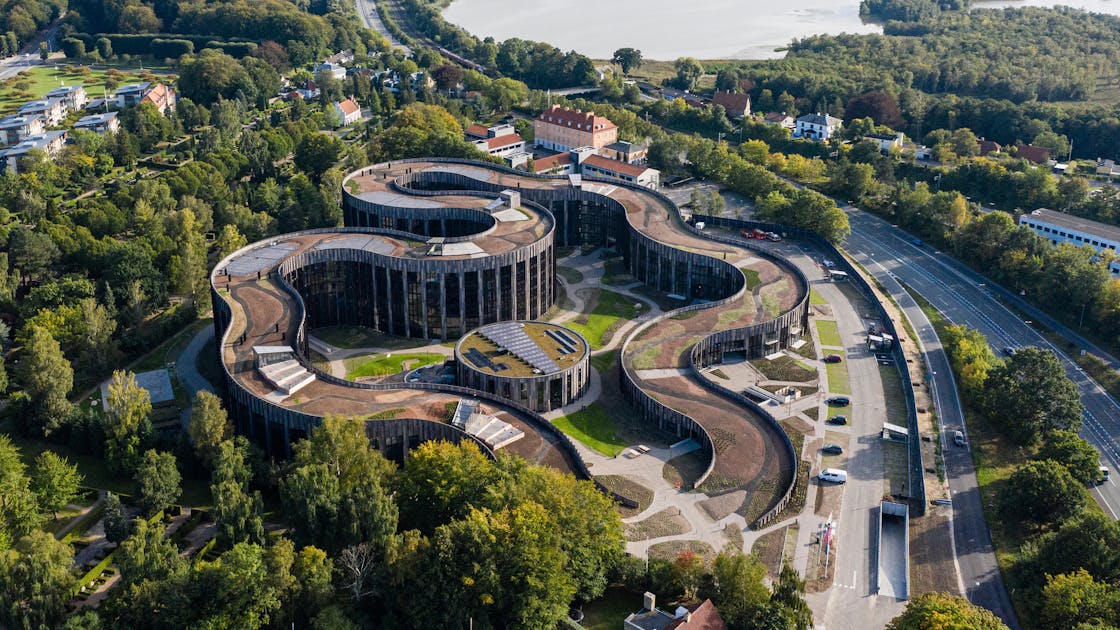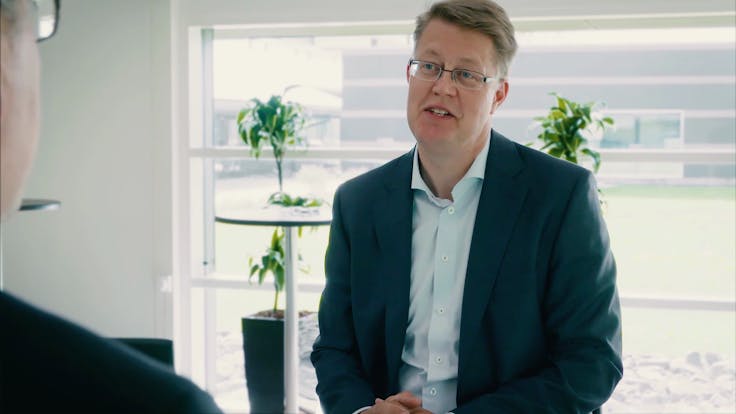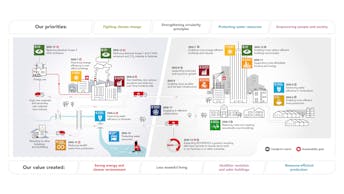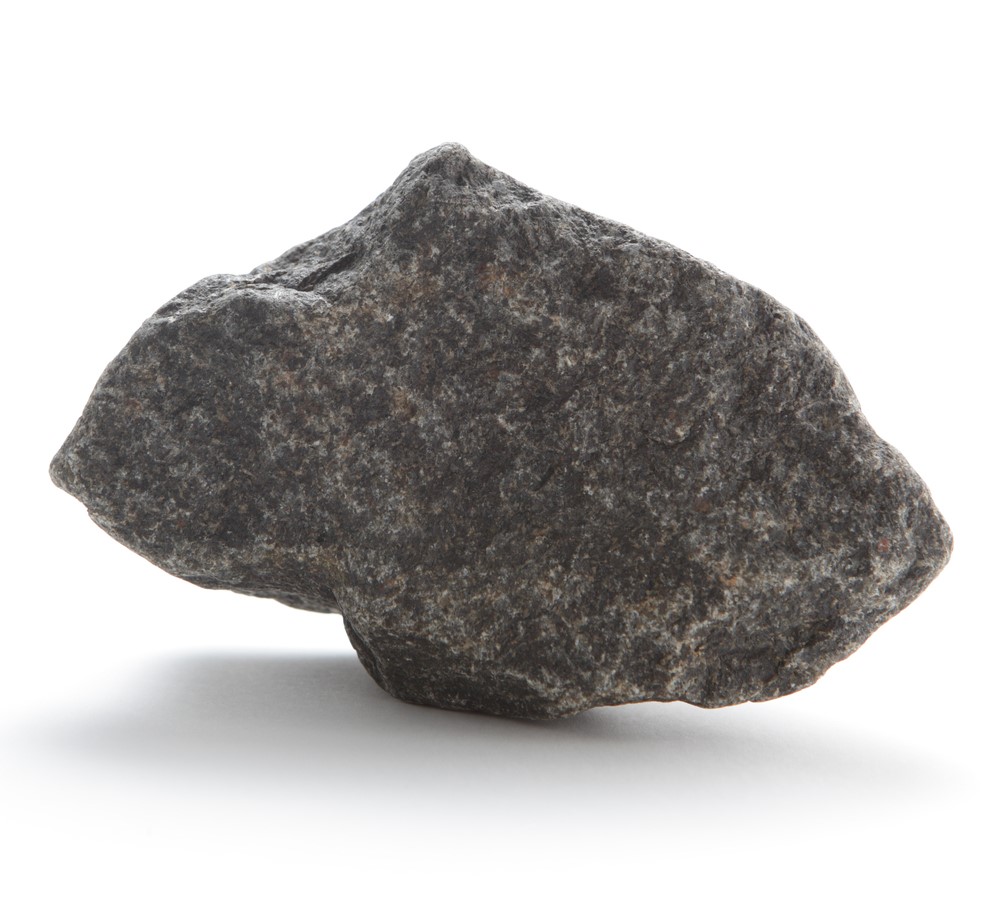Building a climate resilient future
We transform volcanic rock into stone wool and our products contribute to address many of society’s biggest climate change challenges, creating new opportunities to enrich modern living and build safer, healthier, and more climate resilient communities. Indeed, stone wool is a versatile natural material with multiple benefits that makes it ideal for applications in buildings, industry, transportation, horticulture, and water management.
Discover how our Group Sustainability Report provides a holistic view of how ROCKWOOL's products can support communities and increase our positive impact through new initiatives (handprint) while reducing our negative environmental impact of our operations (footprint).
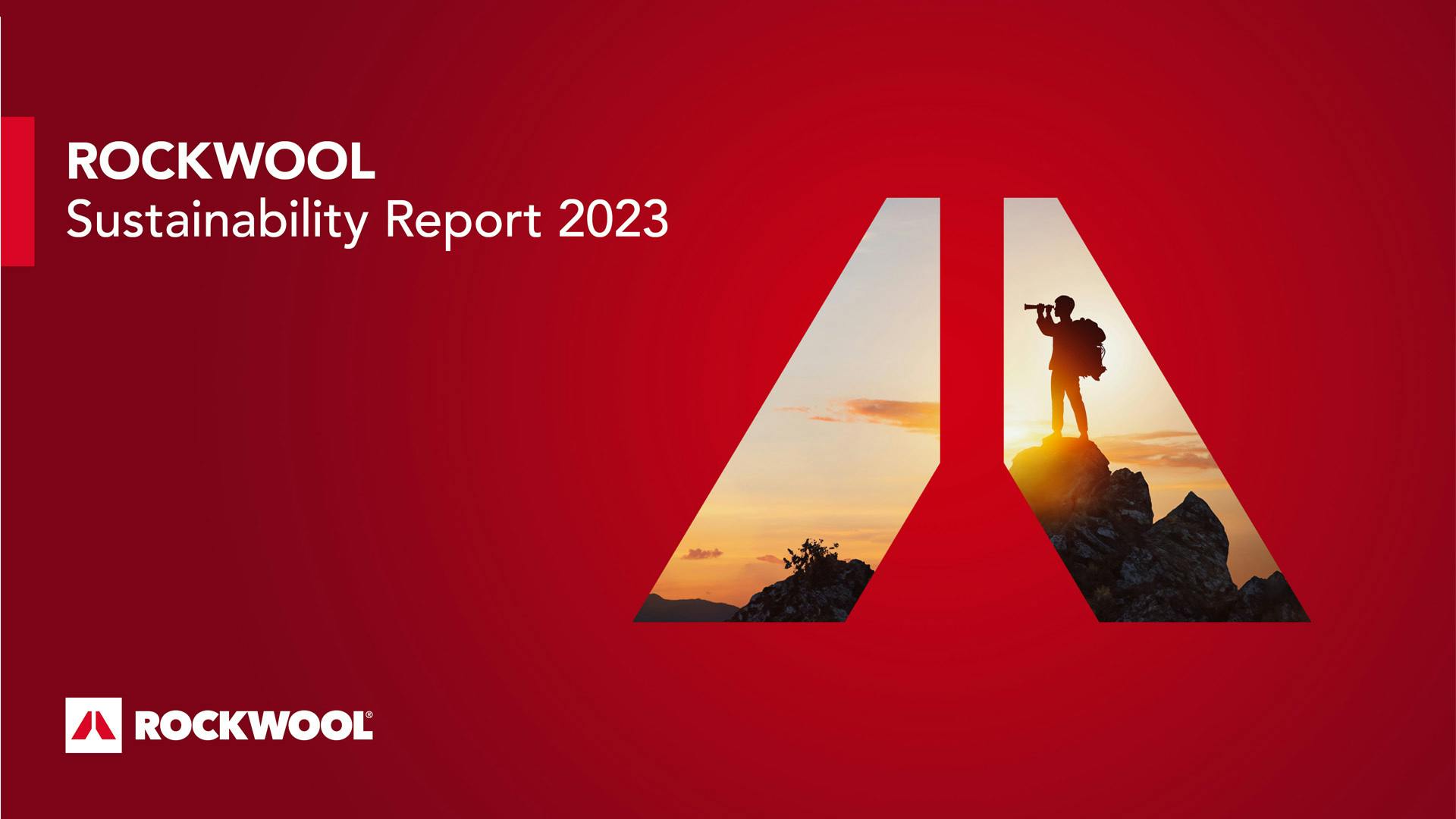
Sustainability Report 2023
ROCKWOOL is committed to transparency and to reporting accurate and reliable information. Every year we publish our Sustainability reports to communicate with our stakeholders.
